ON THE HOLY GRAIL OF TRUTH
By Ong Juat Heng
Apologist and theologian of science Dr Ron Choong didn’t think he would get past Form 3. But he did, and went on to gather a basket of degrees and vast knowledge in several disciplines. Between1984 and 2009, he earned a law degree while taking courses in astronomy and economics in London. After a stint practising international law in London, he moved to New York where he took four degrees at Princeton and Yale, culminating in a Ph.D. in science and theology from Princeton Seminary.
He even received the magna cum laude award for his doctoral dissertation in science and theology, Neuroscience, Nolition and Kenotic Moral Cognition. “It surprised me, as it did practically anyone who knew me as a kid who did not enjoy going to school,” laughed the former student of La Salle, Petaling Jaya.
Not bad for one who only discovered the concept of revising in Form 5. Until then, he “recalled without remembering” and this later led him to study the nature of memory and how our brains manage information.
In 2003, Ron founded the Academy for Christian Thought (ACT), a New York-based ministry that seeks to “equip the church to responsibly explain why we believe what we believe” through seminars and written materials that engage the natural sciences and world religions.
As an “independent interdisciplinary scholar of Christian theology and its relationships with history, philosophy and the natural sciences”, Ron’s current research interests include the emergence of religious cognition, the history of Bible formation, the doctrine of creation as well as paleoanthropology and cognitive neuroscience.
These may be bewildering words for the common man; thankfully, Ron is an engaging, magnetic speaker who’s able to simplify highly complex subjects for mere mortals. It helps too that he’s as regular as the guy next door and is as comfortable talking about char kway teow and Hokkien mee as he is about Neanderthals and hominids.
Asian Beacon finally caught up with this Indiana Jones of sorts.
How did you arrive at doing what you are doing now?
I was a student of science (biology and chemistry and later astronomy) before I became a law student. My goal was to corner the market and be fabulously rich, earn the respect of my peers and be considered the best lawyer money can buy. I craved the approval of society. My faith was an added bonus because it made me feel that even God approved of my attending church and serving on leadership committees.
My deep interest in building a legal career specialising in the natural sciences was based on my deep respect for the two disciplines – their demanding disciplines and intellectual integrity.
There are no short cuts to being a good trial lawyer; it’s sheer hard work and you must always learn new things to best represent your client. Law has its dictum, ad fontes (to the sources) and everything can be cross-examined to test the logic of claims.
Scientific rigour has no sacred cows to protect any claim – all theories are tested and if they do not survive, they die.
I then wondered why on the matter of faith in God, I simply inherited beliefs, with no idea of their original sources or verifiable truth claims. How did I know what I thought I knew was true? Why did the Church not invite honest conversations to doubt with integrity?
By the time I was 27, I knew that I could not go on pretending to be a Christian if I was not prepared to put my money where my mouth was. I knew that the task I set for myself meant throwing away years of hard work building a career in London. I would have to start my lifelong investigation from scratch and trust nobody without first verifying what they say. I knew that if I seriously entertained an honest desire to know about and be connected to God, I had to leave no stone unturned. In 1990, I abandoned a much loved legal-scientific career and entered the unknown world of Christian ministry.
I left London for New York and began to work for a 400-staff ministry to international students. I was amazed by how easy it was to enter this world. No one asked about my biblical, theological or historical knowledge of Christianity. With the right key words we all memorised at church, you could go a long way and make a good economic life for yourself without knowing very much, let alone know if what you know is in fact true.
I left the organisation a year later and started my own, determined only to share what I believe to be true based on my best efforts to check the facts. In 2003, this organisation morphed into a full-blown research ministry called ACT. In the process, I lost half my financial donors. To my surprise, very few Christians were actually interested in the Bible. They were more interested in quoting passages out of context. The name of the game was how many souls you dare to claim you have saved with no verification. I could not in good conscience play THAT game.
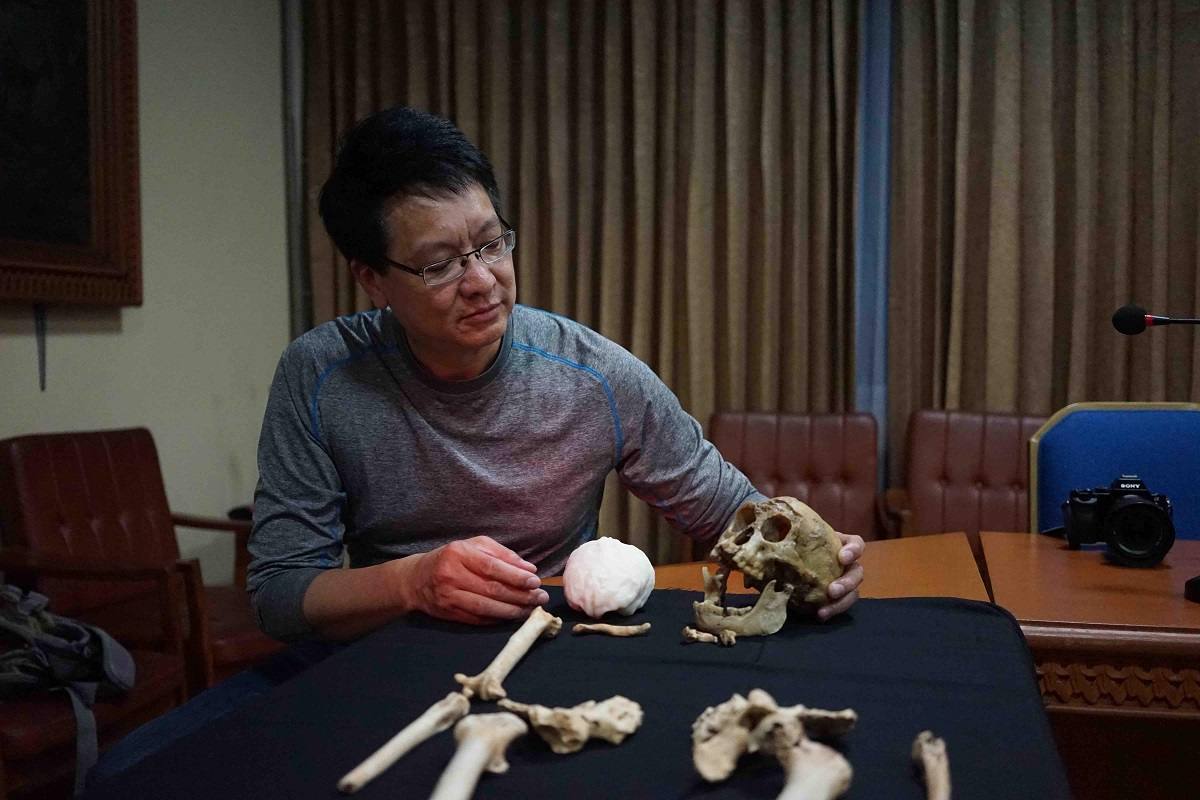
So, what do you really do?
I check the facts of religious claims, starting with Christianity. As a ministry, ACT researches, teaches and publishes. We want to know if something is true rather than if it merely brings comfort to people. We are more interested in spirituality than in religiosity.
So, I do a ton of field work as well as library research, from the Bible and non-Christian religious texts to the archaeology of the region, its history and geology. A typical field expedition takes three years to prepare. Then, I monitor the political situation and analyse the physical risks involved. The places of interest are almost all conflict zones, mostly due to each religion claiming unique divine authority and declaring that all others are false.
For 2018, my expeditions include Lebanon, Algeria, Tunisia, Russia, Tibet, Chad and Iraq.
The first three countries involve the New Testament times of Jesus, to understand the Roman empire outside of Rome, the various religious influences of Carthage and Rome before the death of Hannibal and the rise of the Roman Empire from the Roman Republic in 27 BC. This shift in religious history (Rome is all about religion) shaped the transition from the Old Testament Judaism to Christianity in the 4th century AD.
In Russia, Christianity was significantly shaped by BatuKhaan’s Golden Horde. Chinggis’ grandson’s descendants intermarried local slavic women to become the precursors of modern Russians. Mongolia’s worship of Tengri, the Sky God (influenced by Chinese Huang Ti), morphed and took on Zoroastrian Ahura Mazda from Iran, to shape a distinct Eastern Orthodox Christianity, which does not believe in the original sin doctrines introduced by the North African Christian (Tunisian), Saint Augustine, in the 5th century AD who served as Bishop of Hippo (Algeria).
Why Chad? It’s the location where the oldest humans were ever found. Seven million-year-old fossils! I want to see where they lived, how their current descendants remember their version of God, creation, salvation and everlasting life. It is also, unfortunately, Boko Haram territory.
Iraq is where I plan to visit the palace of Assyria’s King Sennacherib of Nineveh (r. 705-681 BC) whose conquest of Israel shaped the history of our faith.
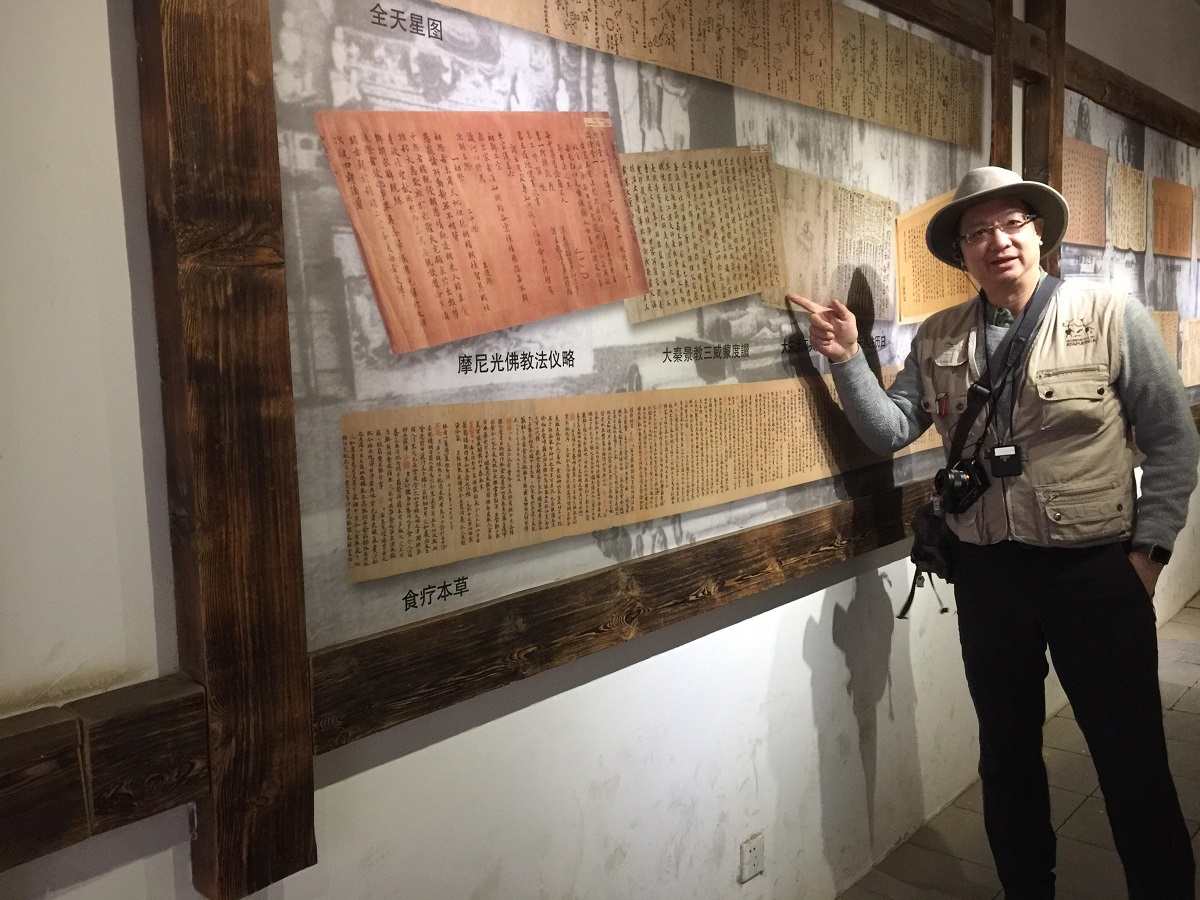
You seem to pursue knowledge with a vengeance. What drives you?
Hah, I’m glad you noticed.
I have been a Christian since birth. But after I learned more about the history of the Christian faith, I felt somehow cheated. But rather than blame anyone, I took personal responsibility for finding out about God. I was born into a third-generation Christian household, so I inherited my faith. This is the most fragile type of Christian faith because it comes with guilt, obligation and a fear of other religions. In 1976, I joined SEA Park Baptist Church, partly because I was attracted to a girl (common story, right?) and partly because I was drawn to the open welcome of a single couple, Richard and Patricia Toh. They practised Christian love so consistently and persistently that I would have become a Buddhist if they had started a temple.
When I went to England to read law, I was stunned by how little I really know about my faith. I was defenseless against charges that Christianity is a phony religion propagating itself with threats of hellfire. This sense of having wasted so much of my life blindly following my inheritance woke me from my spiritual slumber. I boiled down my philosophy of life to some basic propositions. The three most important things are life, health and time. I cannot do anything about the first but I can certainly take care of my body and I can most certainly determine how to spend my time well.
Since money cannot buy time, I privileged time over money…. every time. Apart from these three basic gifts that God gives all of us, we have secondary gifts – our minds (intellect and emotions), our passions (love and compassion) and our moral courage (determination to uphold the truth no matter how inconvenient it is). So I worked hard on honing my mental skills and did self-diagnostics every few weeks to make sure I stayed the course. I try to empathise with those who are less fortunate and be a voice for the voiceless.
Finally, I assessed all my relationships based more on honesty than on how they can benefit me. Hence, I am a difficult friend to have, because I will tell you the truth if you ask, and I will not have a cut-and-dry answer to your theological questions. Finally, I will admit to how little I know despite what people think.
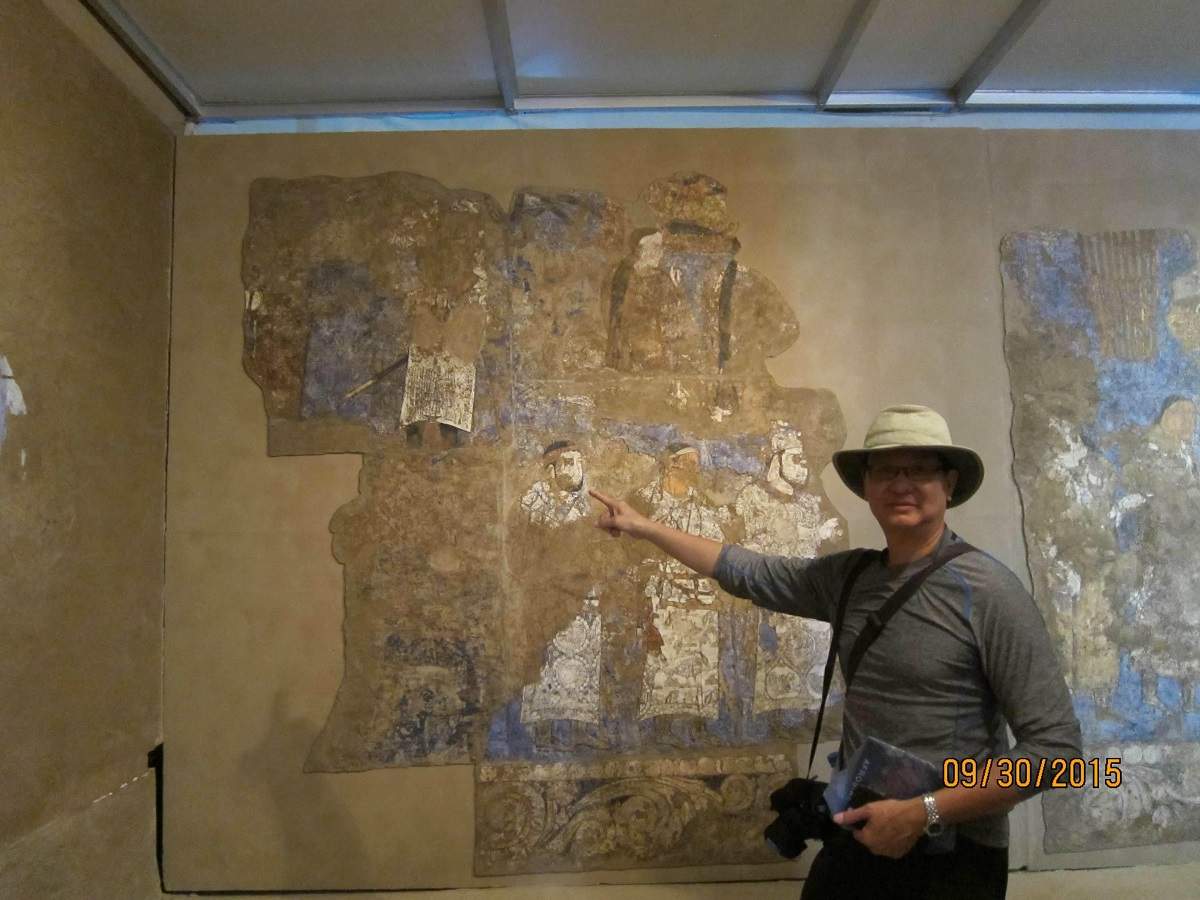
Some of the things you teach are rather controversial. How has the church at large responded?
When I went into full-time ministry in 1990, I made a mistake. I assumed that most believers were like me, desiring to believe in God, provided it is true. I learned the painful lesson that this is not so. Many people look to religion for the freebies it offers, free babysitting services, safe way for their kids to find spouses, comfort in times of illness and death, and community. There is nothing wrong with all these desires. Just don’t pretend it’s all about God.
Today, my research is my personal quest for God. A small percentage of it comes out in my ministry teaching but I know the bulk of it is not welcome in many quarters, so I keep silent.
By 2010, all 48 of 49 churches and organisations had stopped supporting me financially. In 2012, I was politely invited to leave my own church of 22 years. But this purified my faith and now my belief in God is completely independent of any organisational approval. No one has ever successfully challenged me on the facts. So I am at peace with both God and man.
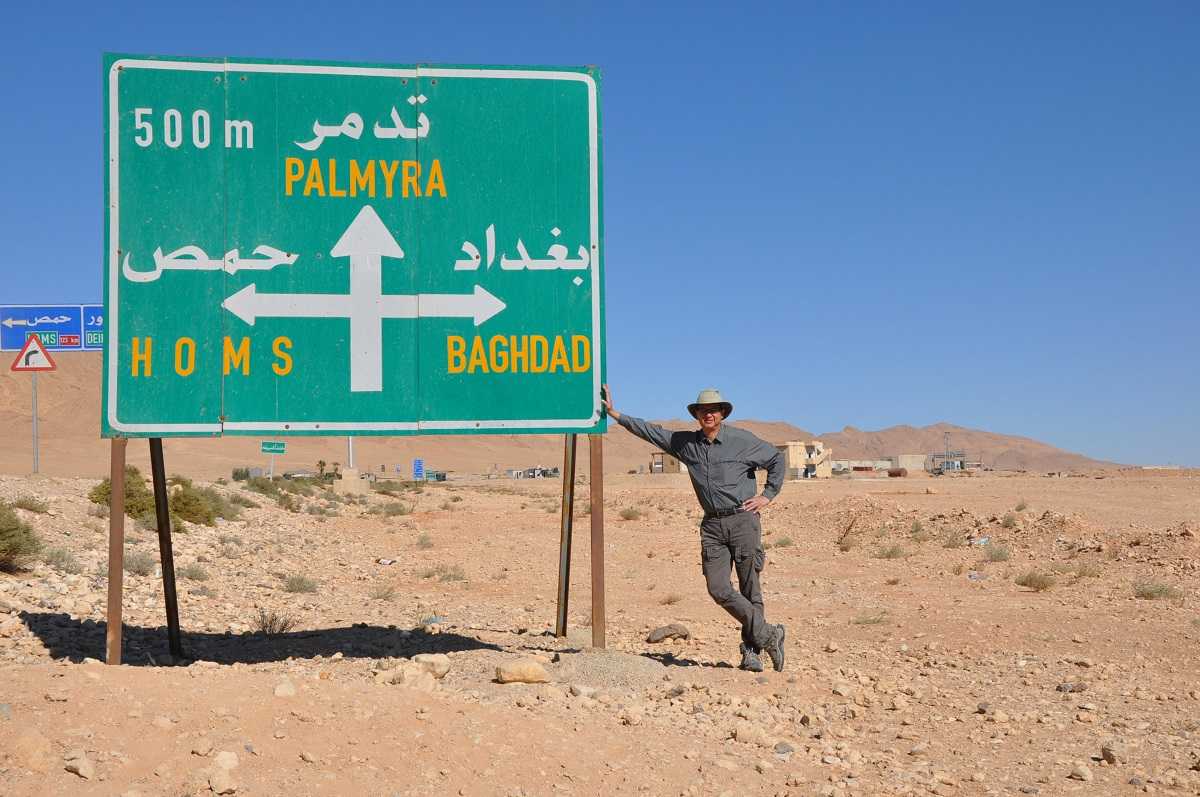
You are a man of science (and many other things). Has science ever challenged your faith?
Science, philosophy and history have increased my awe of God and love of Jesus in ways I could not have imagined. God’s creation continues to inspire me to gratitude.
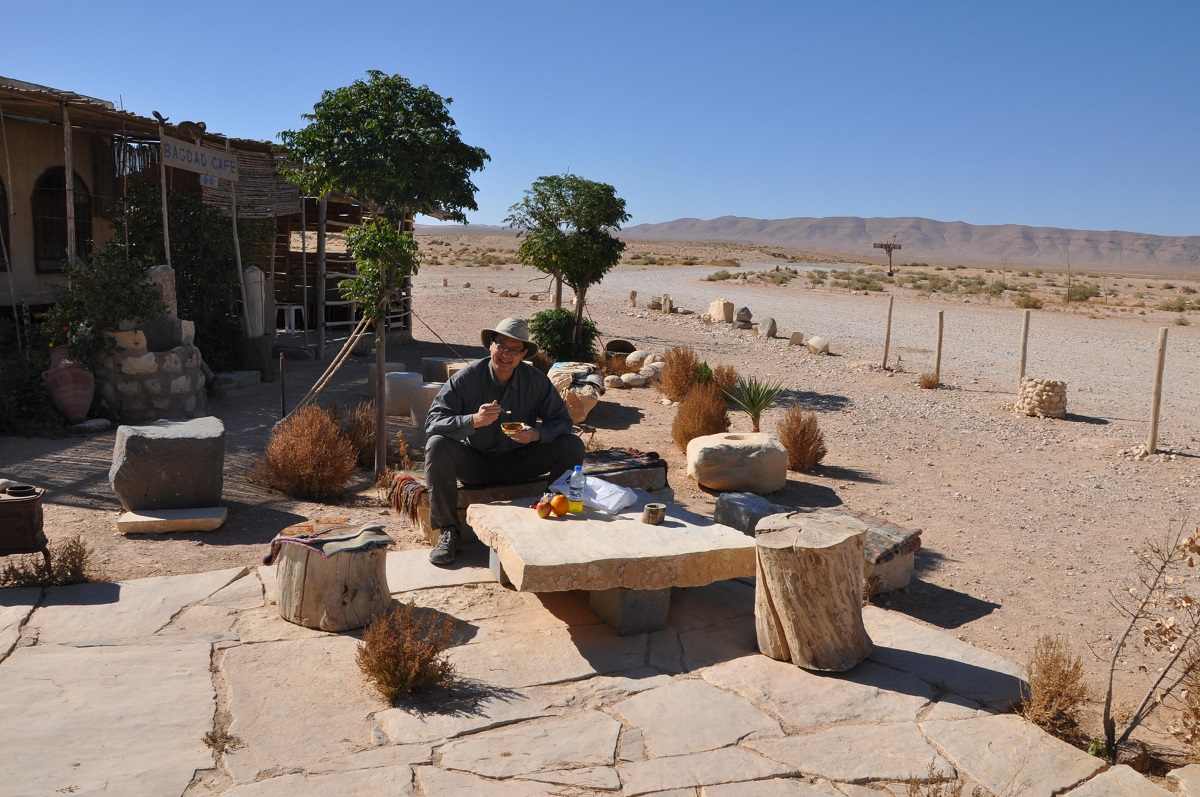
Why should Christians have inquiring minds?
Because the human mind is God’s greatest gift to THIS mammal who learned to cook food.
Three things made humans different from all other animals – we walk upright full-time, we eat cooked food, and we learned to speak. Walking allowed us to migrate to every corner of the planet. Cooking made digestion easier and reduced food poisoning, giving us more time to think and learn. Speaking led to writing, allowing us to pass on knowledge through time and space, thus giving rise to collective learning. Our science, technologies and medicine are the fruits of these marks of humanity. Finally, all three give us the power to think about and desire to know God.
Editor’s note: The opinions expressed in this article do not necessarily represent the views of Asian Beacon. ACT is mostly funded by the courses Ron teaches in New York and online, and donors. Ron can be contacted at actron@mac.com and actministry.org
Check out Ron’s interviews on BFM 89.9 as well as his Burgess Lecture at Luther Seminary at https://www.youtube.com/watch?v=XOUe-rpGgNg
You can also subscribe to his YouTube channel at youtube.com/c/AcademyforChristianThought
Asian Beacon: Jul – Sep 2018 (Vol 50 #3, p8-10)
